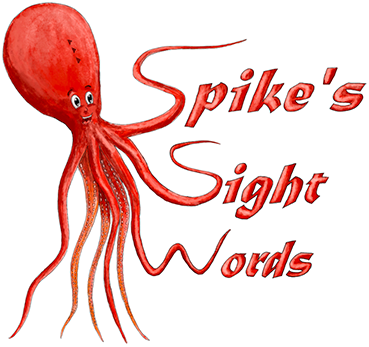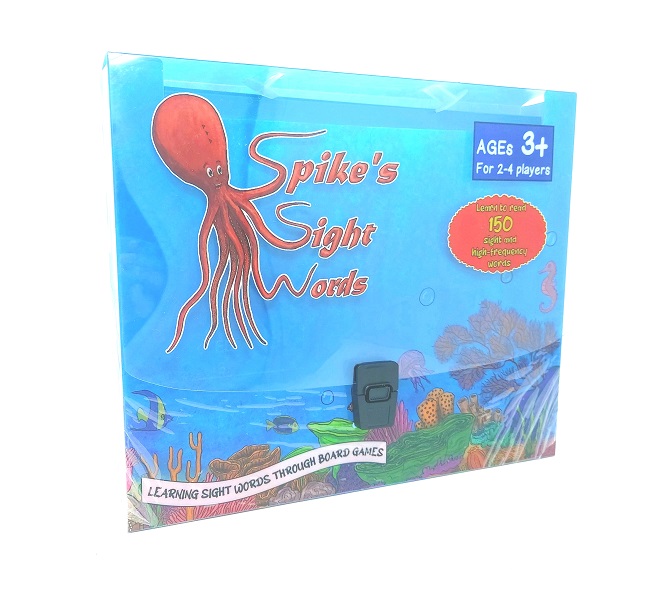
Today, we are going to delve into some of the craziest words, many of which have been around about as long as some of Shakespeare’s “gibberish” and some from the early 1940s and 1950s. Some of these words are used regularly in many places around the English-speaking world, whereas other places haven’t even heard of them.
Let’s see which of these craziest words you already know and which ones are new to you:
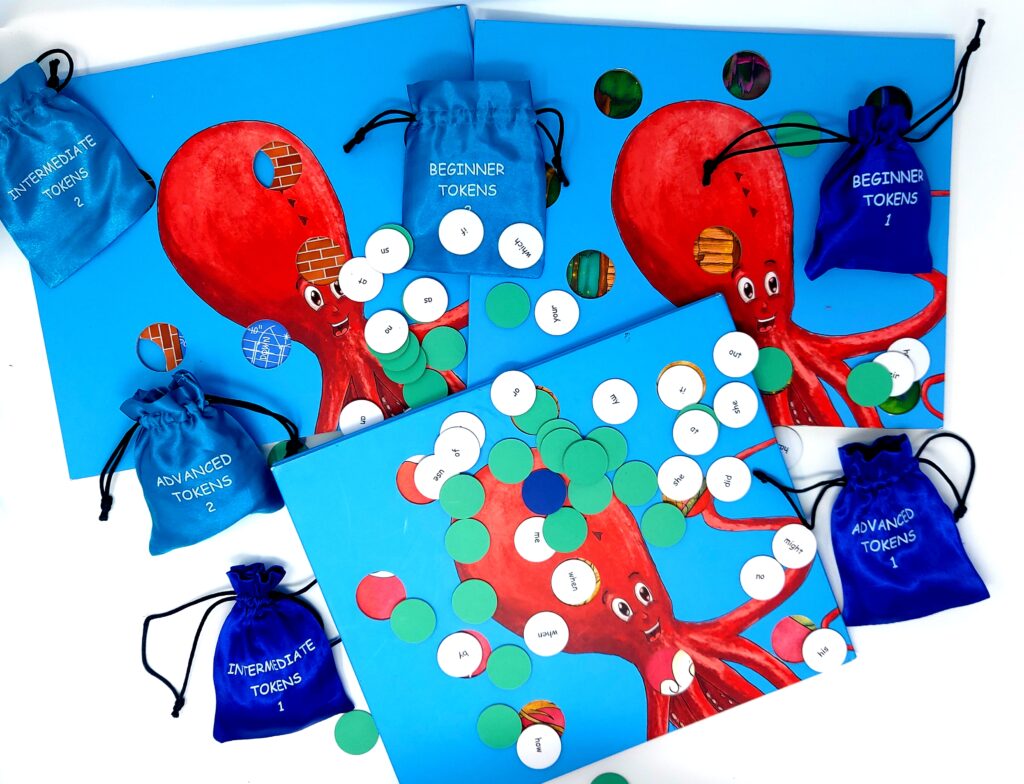
Namby-pamby — This term is used for things that are overly sentimental or lacking in substance, weak or insipid. Here, the origins are well known. 18th century English poet Henry Carey satirized fellow poet Ambrose Philips’ style in the former’s 1725 poem Namby Pamby.
Bumfuzzle. This is a simple term that refers to being confused, perplexed, or flustered or to cause confusion. You’ve probably heard your grandma or grandpa use this phrase, especially if they are from the East Coast or below the Mason-Dixon Line. This word is derived from the Old English dumfoozle.
Cattywampus. This is a term that you will find in the Midland and Southern United States. It is referring to something that is in disarray, that is askew, or something that isn’t directly across from something. For example, a post office might be cattywampus from the library. You might actually know this word by the terms catty-corner, kitty-corner, or catawampus.
Gardyloo. This is actually a Scottish term, but it sounds really nifty! The definition is a funny and gross one; this is what people living in Edinburgh shouted out their windows as a warning before dumping their slop buckets out of their windows. At least they gave a little bit of a warning to those below!
Taradiddle. This word references someone or something that is filled with pretentious nonsense or something that is a lie. A great example of this is that classic fisherman’s tale of how big the fish he caught was. Usually the fisherman is lying or at least exaggerating about the fish, especially if he (or she) didn’t keep the fish.
Snickersnee. While this word sounds like something funny or possibly cute, it is actually referring to a long, dangerous knife. It was first used in reference to cut-and-thrust fighting in the 1700s and is still occasionally used when referencing the knife, though it is becoming more and more obsolete.
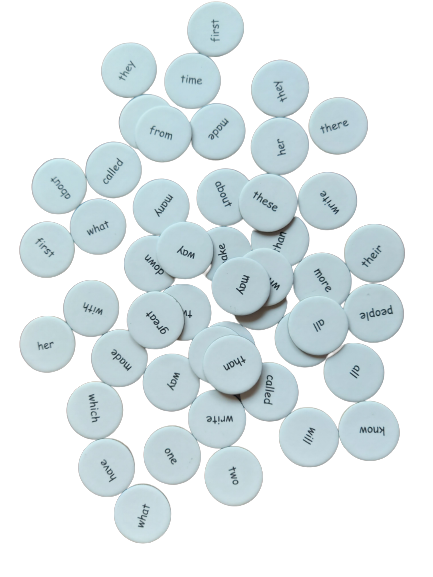
Poppycock — Poppycock is a bit like gobbledygook: nonsense language devoid of meaning. This one probably comes from the Dutch pappekak with pap meaning soft and kak meaning dung or excrement. And now you know.
Whiffler — This is a word you never knew you needed until you found out it exists. A whiffler used to be someone who clears people out of the way for a procession. It goes back to the Old English word wifel meaning battle axe. Well, that’s one way to clear a crowd.
Woebegone — This word comes from Middle and Old English for surrounded by woe. And its meaning hasn’t changed much since then, describing something in a sorrowful or pitiful state. Feel free to use woebegone if you want to sound a little fancy-shmancy.
Yahoo — No, not the internet company. That’s Yahoo! (with an exclamation point). Yahoo goes all the way back to 1726 when it was coined in the book Gulliver’s Travels, where it was used as the name of a brutish race of people. Today it can be used to mean a rude or violent person, or as an interjection to express excitement.
Widdershins- This is another way to say something is moving counter-clockwise or something is moving in the wrong direction. It is a much more fun way to say counter-clockwise and is most likely something you heard one of your grandparents or great-grandparents say. Many people do still use it in many poems and newly published books.
Collywobbles- This refers to a weird feeling in your stomach or an overall bellyache. It is derived from the Latin phrase cholera morbus, meaning it came from the disease we all know as cholera. This is a word many people still use especially older individuals, and the background is quite dark! Many don’t realize the dark background much like many being unaware of the origins of “Ring around the Rosie.”
Gubbin- This is an object that has little or no value and is also referring to a gadget or device. It can also refer to odds and ends or rubbish and, oddly enough, can be used to describe a silly person. We don’t know about you, but it seems a little strange that a word describing something with little to no value also refers to someone who is silly.
Abibliophobia- Now this is a word that perfectly describes many people and you may be one! This refers to someone who is afraid of running out of things to read. We’re guessing that you are probably going to start using this word to describe yourself as you head out the door to the nearest Barnes and Noble or local bookshop.
Bumbershoot- Here is a fun word that most people know. This is referring to an umbrella and is something we have heard in many a Disney film or in many different books. It is quite fun to grab your umbrella and say in a fun voice, “I think I need my bumbershoot today!”
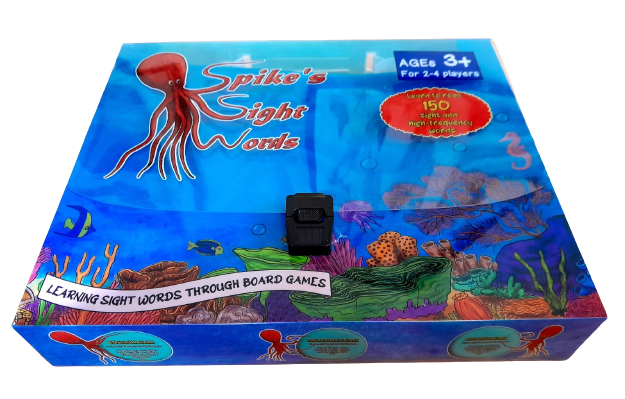
Impignorate. How about using this word when you want to say that you’re pawning something? It is a much fancier term and quite a fun one at that. This phrase doesn’t only mean to pawn but also to mortgage something.
Nudiustertian. Have you ever wished that you had a word for the day before yesterday? This is that word! It might be a little bit more convoluted to say, but it sure is an interesting sounding word. This word is sure to confuse, and eventually astound, people. Now that you know this word, try teaching it to your friends!
Quire. You can always say “two dozen sheets of paper” or you can say “quire.” It means the same thing! Interesting, huh? There are quite a few single words for many phrases.
Ratoon. Don’t worry, this isn’t referring to a raccoon and rat mix breed or an ROUS (rodents of unusual size), it is, in fact, referring to that small shoot or growth that comes from the root of a plant. You will see a lot of these in the spring and summer as things are growing.
Yarborough. This refers to when you are playing a game of cards and the dealer deals a hand without any numbers above nine. This can really be unfortunate or great, depending on which game you are playing.
Xertz. You’re outside in the summer heat moving heavy furniture or other items, making you super thirsty. As soon as you’re able, you grab a tall glass of water, lemonade, or iced tea and gulp it down quickly and/or greedily, helping to quench your thirst and cool yourself down. When you do this, it is called xertz. This also refers to eating food quickly and/or greedily.
Zoanthropy. This is an interesting term! It refers to a person who has delusions that they are a form of animal or that they have changed into an animal.
Pauciloquent. If you are a person of few words, then this is the term for you. It refers to someone who doesn’t say much or who, when giving a speech, gives a very short one. This is a great way for you to tell people you are a person of few words, without having to say that whole long statement. Give this a try next time and see what happens.
